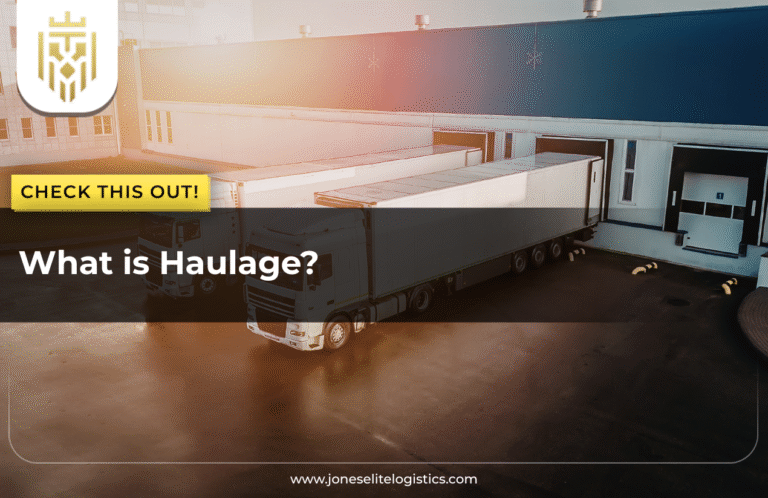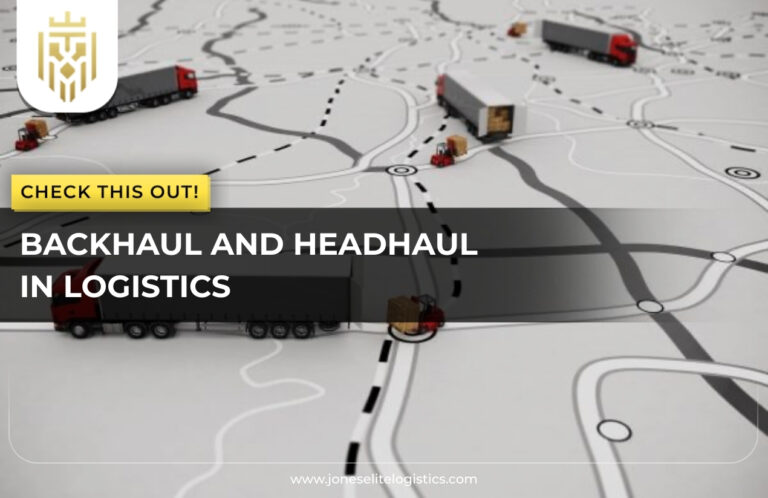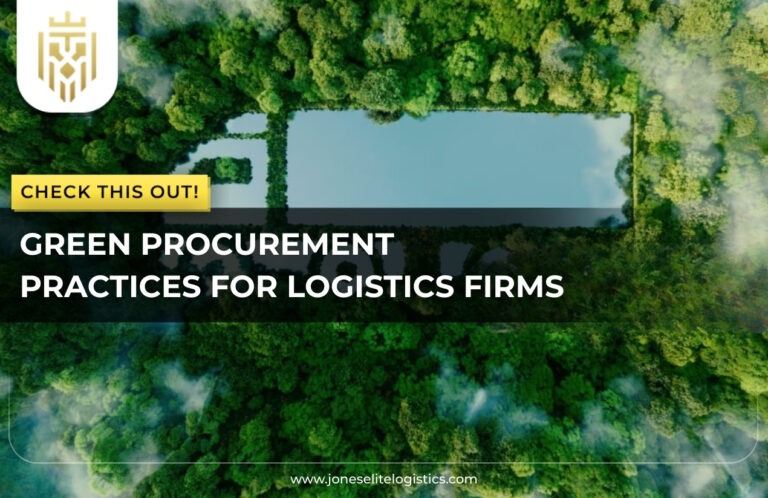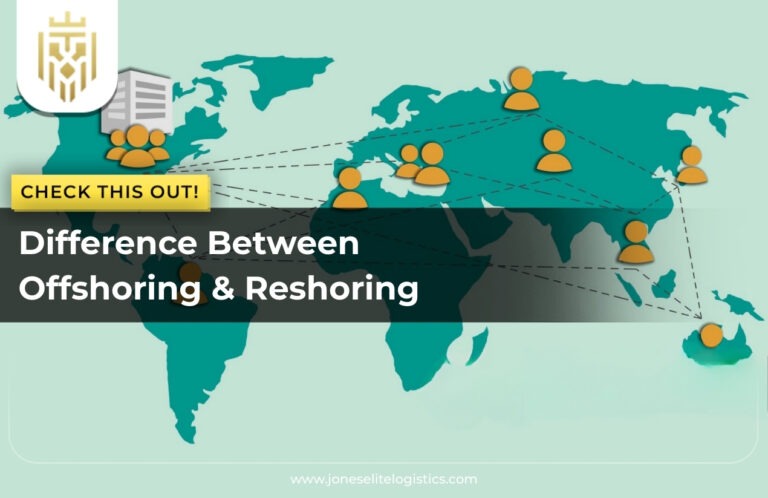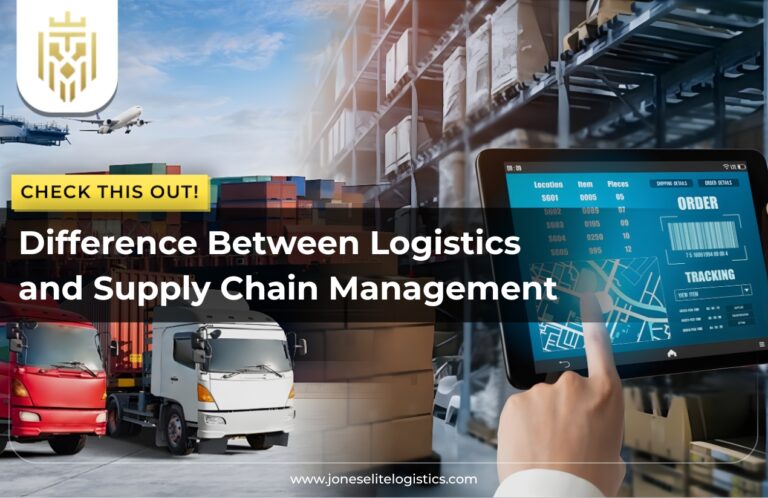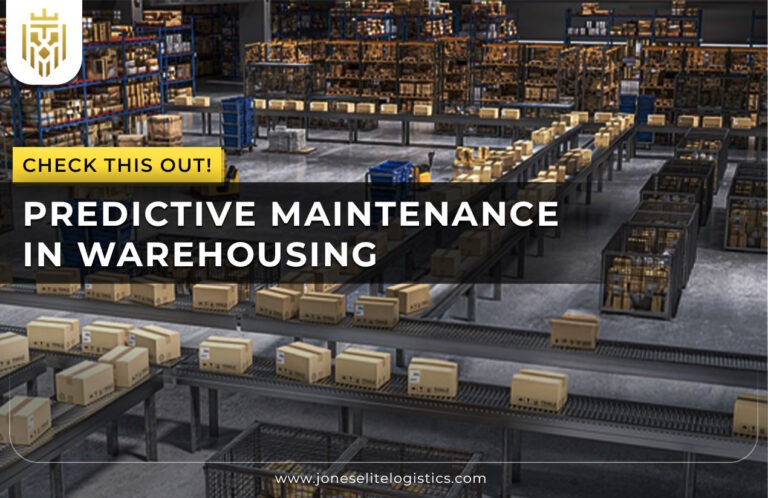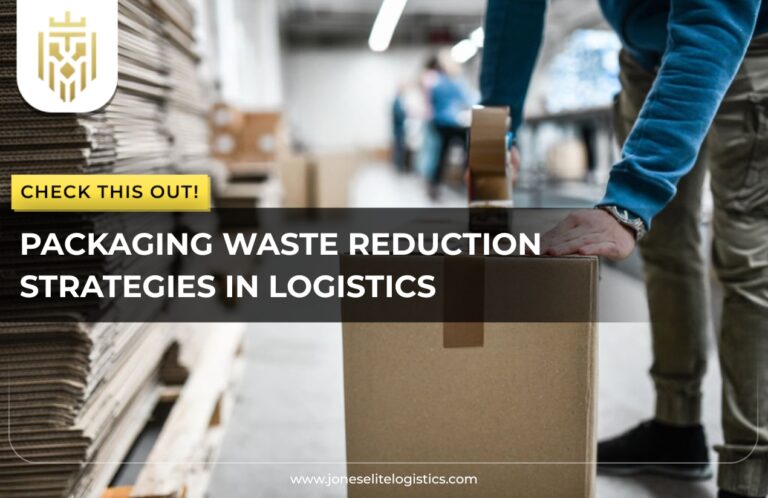What is Forward Logistics?
Forward logistics, also known as outbound logistics, refers to the movement of goods from manufacturers to customers. This includes the complete process of sourcing raw materials, warehousing finished products, fulfilling orders, and delivering them to end users or retail outlets. The forward logistics meaning encompasses all the steps needed to ensure goods reach consumers efficiently. One crucial element is the role of a forwarder in logistics, who manages the transportation of goods, ensuring timely deliveries to various locations.

Importance of Forward Logistics:
Forward logistics is vital for businesses to maintain customer satisfaction by reducing lead times and optimizing inventory levels. By efficiently tracking product movement and minimizing transportation costs, forward logistics helps companies manage logistics partners and improve overall supply chain management. Automated processes, such as warehouse automation systems and warehouse automation solutions, enhance the efficiency of forward logistics, ensuring timely deliveries and reducing errors.
Difference between Reverse and Forward Logistics:
While forward logistics focuses on moving goods from manufacturers to consumers, reverse logistics manages the return of goods back to manufacturers or recycling centres. In forward logistics, customer demand drives the flow of products, and each step adds value to the product. Conversely, reverse logistics involves declining value at each stage due to the increased cost of material handling equipment and additional labour required.

Components of Forward Logistics:
The components are order processing, packaging, warehousing, transportation, and distribution.
Order Processing:
Order processing in forward logistics involves receiving, verifying, picking, packing, and shipping customer orders. Depending on business size and complexity, companies may employ manual or automated systems for this task. Automated material handling plays a crucial role in speeding up the process and ensuring accuracy.
Packaging:
In forward logistics, packaging is essential to protect goods during transit and storage. Proper packaging materials, such as crates and pallets, ensure products reach customers without damage, particularly for perishable items. Packaging is also critical in automated material handling, ensuring items are efficiently handled through the supply chain.
Warehousing:
Warehousing is a key element in forward logistics, storing goods efficiently and managing inventory levels. By using data warehouse automation and warehouse automation systems, businesses can track shipments, optimize storage, and reduce lead times. Warehousing serves as a crucial link between producers and customers, ensuring goods are ready for distribution.
Transportation:
Transportation is the movement of goods from warehouses to customers or retailers in forward logistics. Various modes, including trucks, ships, trains, and planes, are used. Costs for transportation include fuel, vehicle maintenance, and driver wages. Material handling equipment like forklifts plays a key role in moving goods onto transportation vehicles, ensuring smooth operations.
Distribution:
In forward logistics, distribution not only organizes, positions, and allocates products for delivery to end users, but also coordinates with warehouse automation systems to optimize inventory placement, track shipments, and enhance delivery accuracy, ultimately reducing lead times and operational costs.
How Forward Logistics Impact Your Supply Chain?
Forward logistics impacts the supply chain by improving demand forecasting, reducing disruptions with safety stock, and enhancing supplier relationships. By using warehouse automation solutions and streamlining processes, companies can gain better visibility and optimize the movement of products throughout the supply chain.

FAQs
1) What is Forward Logistics?
Forward logistics refers to the process of moving goods from manufacturers to customers, covering sourcing, warehousing, order fulfilment, and distribution, ensuring efficient product delivery to retail outlets or end users.
2) What are the Components of Forward Logistics?
The components of forward logistics include order processing, packaging, warehousing, transportation, and distribution, ensuring the smooth flow of goods from manufacturers to customers with the help of warehouse automation and material handling equipment.
3) What is the difference between Reverse and Forward Logistics?
Forward logistics moves products from manufacturers to customers, adding value at each step, while reverse logistics handles the return of goods for recycling or resale, with value declining due to handling and transportation costs.
4) What is the Importance of Forward Logistics?
Forward logistics is crucial for maintaining customer satisfaction, reducing lead times, optimizing inventory, and minimizing transportation costs, while improving supply chain management through tracking, automation, and collaboration with logistics partners.

